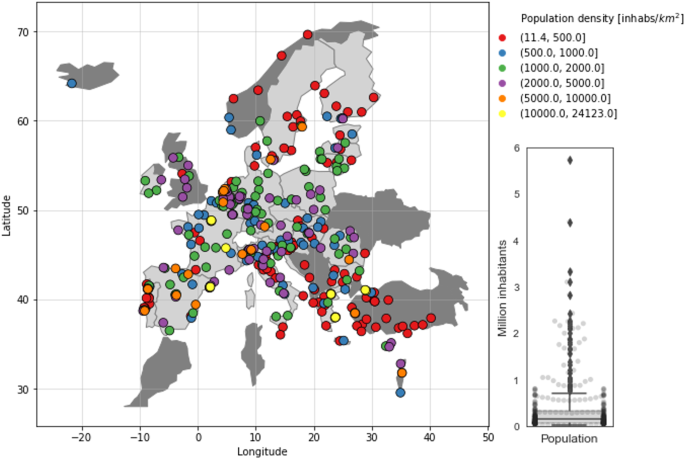- Select a language for the TTS:
- UK English Female
- UK English Male
- US English Female
- US English Male
- Australian Female
- Australian Male
- Language selected: (auto detect) - EN
Play all audios:
It is controversial whether current treatments for AD/HD are truly beneficial or simply reduce children with AD/HD to compliant“zombies” for the convenience of adult caretakers.
Demonstration of the effectiveness of therapy for remediation of the functional limitations present in AD/HD would support the hypothesis that treatment reduces disability characteristic of
AD/HD. In this study, effects of multimodal therapy for AD/HD were examined. At baseline, the WeeFIM and Conner's Parent Rating Scale-48 (CPRS) were given to 27 children who met DSM-IV
creteria for AD/HD (mean Hyperactivity Index t=84.8). The WeeFIM provides a concise, comprehensive, “discipline-free” measure of functional independence sensitive to the self-care,
communication, and social cognition limitations seen in AD/HD. Individual prescriptions for a combination of special education (13), behavioral or social skills counseling (15), and
medication (25) were determined. After an average of 4.7 months follow-up WeeFIM and CPRS were re-administered. The 27 children from whom only follow-up WeeFIM's were obtained did not
differ in IQ (71-128, M=91), gender (89% male), Medicaid status (64%), or age (3.2-9.2, M=6.5y) from the 19 children from whom follow-up Conners and WeeFIM scores were obtained. As expected,
there was significant improvement in AD/HD behavior with decreases in the CPRS score in the Learning Problem (t-test, p=0.015), Impulsive-Hyperactive (p=0.025), and Hyperactivity Index
(p=0.019). There was no reduction on the Conduct Problem scale (p=0.43). Age normalized WeeFIM scores showed significant improvement of self-care (sign-test, p=0.026), communication
(p=0.022), social cognition(p=0.0003), and total WeeFIM scores (p=0.015). Despite an improvement of about 1/3 in functional scores, the pattern of limitations in self care, communication,
and social cognition characteristic of AD/HD remained (ANOVA, p<0.001). These results support the utility of current therapy for AD/HD in improving functional skills, not just reducing
unwanted behaviors. The WeeFIM is sensitive to changes in functional deficits in AD/HD and may be useful in further conrolled studies of the contributions of specific therapies to the
attainment of functional independence in AD/HD. AUTHOR INFORMATION AUTHORS AND AFFILIATIONS * Robert Warner Rehabilitation Center, University at Buffalo, Buffalo, NY Thomas M Lock, Heather M
Ripstein, Sue B Olexenko & Michael E Msall * Child Development Center, Brown University, Providence, RI Thomas M Lock, Heather M Ripstein, Sue B Olexenko & Michael E Msall Authors *
Thomas M Lock View author publications You can also search for this author inPubMed Google Scholar * Heather M Ripstein View author publications You can also search for this author inPubMed
Google Scholar * Sue B Olexenko View author publications You can also search for this author inPubMed Google Scholar * Michael E Msall View author publications You can also search for this
author inPubMed Google Scholar ADDITIONAL INFORMATION (Sponsored by the Children's Guild of Buffalo & NINDS grant NS32936) RIGHTS AND PERMISSIONS Reprints and permissions ABOUT THIS
ARTICLE CITE THIS ARTICLE Lock, T., Ripstein, H., Olexenko, S. _et al._ Functional Improvement After Multimodal Treatment of AD/HD ♦ 65. _Pediatr Res_ 43 (Suppl 4), 14 (1998).
https://doi.org/10.1203/00006450-199804001-00086 Download citation * Issue Date: 01 April 1998 * DOI: https://doi.org/10.1203/00006450-199804001-00086 SHARE THIS ARTICLE Anyone you share the
following link with will be able to read this content: Get shareable link Sorry, a shareable link is not currently available for this article. Copy to clipboard Provided by the Springer
Nature SharedIt content-sharing initiative










